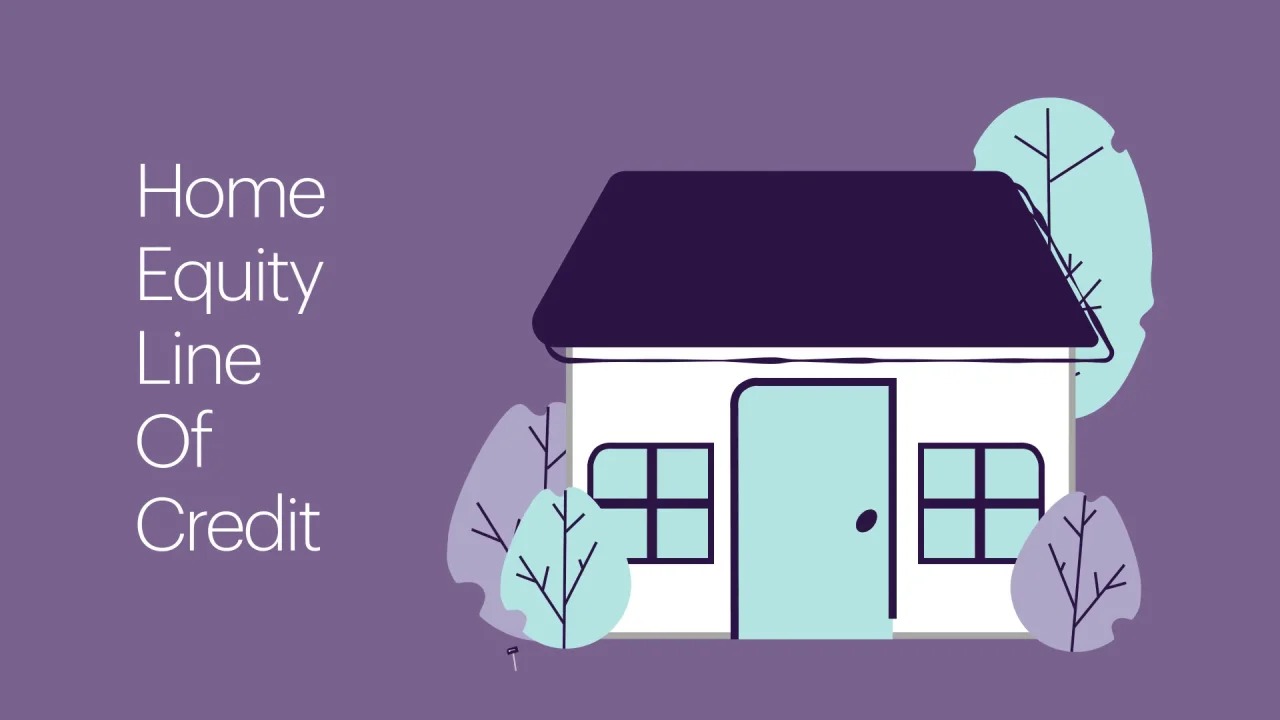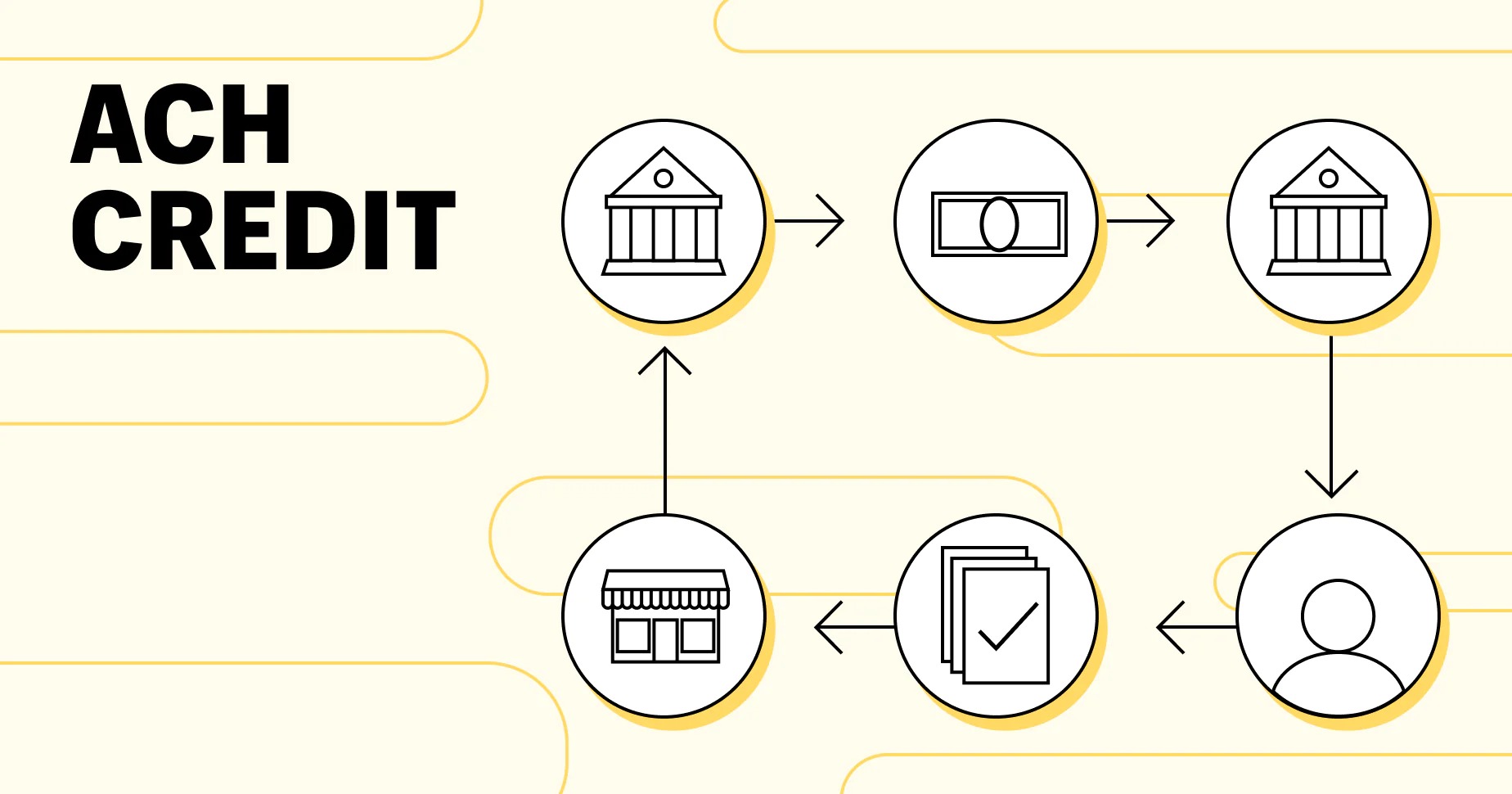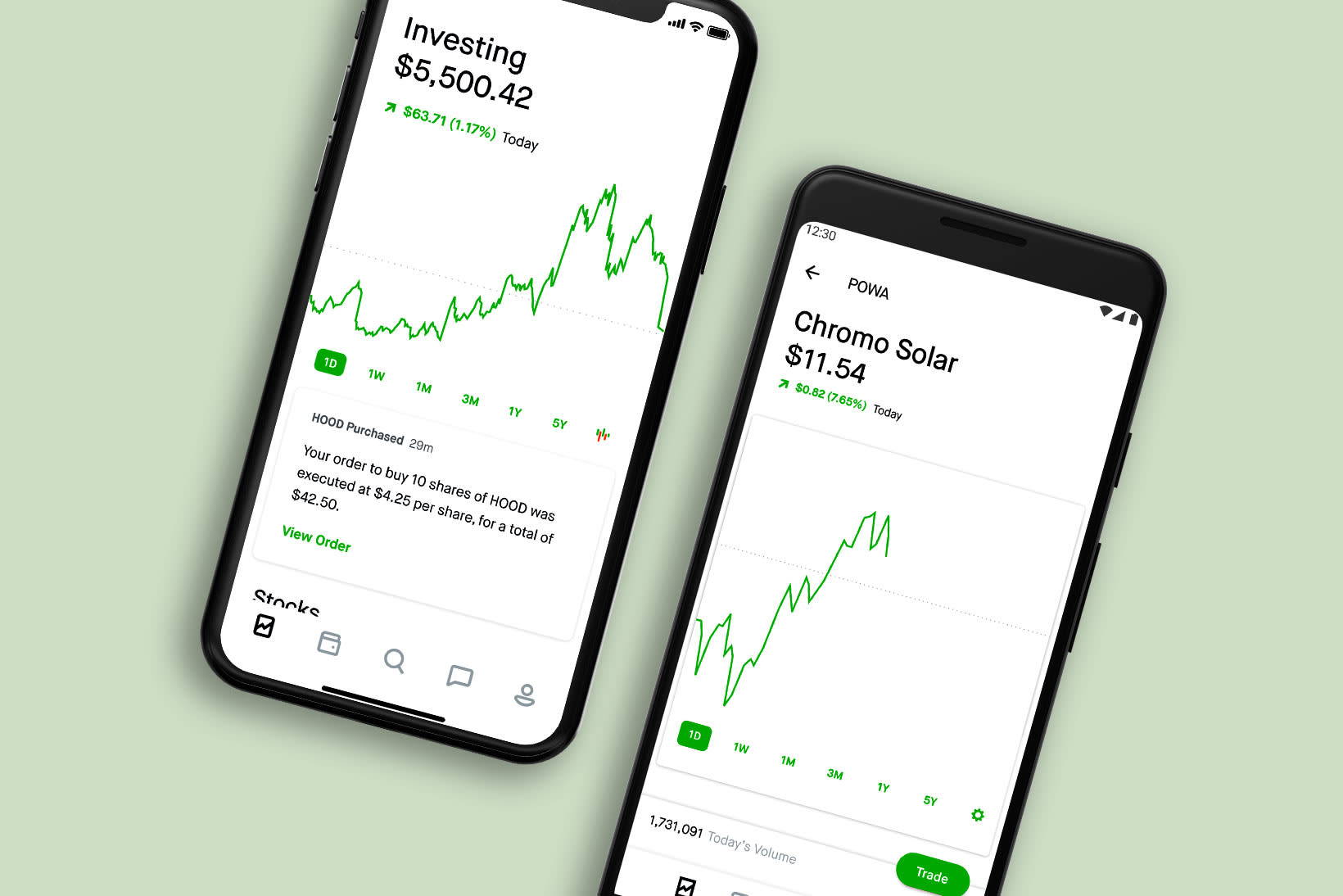Home>Finance>How Many Times A Day Can A Credit Card Company Call You


Finance
How Many Times A Day Can A Credit Card Company Call You
Modified: March 1, 2024
Find out the limit of credit card company calls per day to protect yourself from excessive contact. Learn the rules and regulations from experienced finance experts.
(Many of the links in this article redirect to a specific reviewed product. Your purchase of these products through affiliate links helps to generate commission for LiveWell, at no extra cost. Learn more)
Table of Contents
- Introduction
- Understanding the Fair Debt Collection Practices Act (FDCPA)
- Defining Credit Card Company’s Telephone Contact Rights
- Restrictions on Credit Card Company Calls
- Maximum Number of Calls Per Day Allowed by Law
- Exceptions to the Daily Call Limitation
- Consequences for Credit Card Companies Violating Call Limits
- Steps to Take if Being Harassed by Credit Card Company Calls
- Conclusion
Introduction
Dealing with debt can be overwhelming, especially when creditors repeatedly contact you, adding to your stress and disrupting your daily life. If you’re being bombarded with phone calls from your credit card company, you may be wondering how many times a day they can legally call you.
To address consumer concerns, there are laws in place to protect individuals from harassment by debt collectors. The Fair Debt Collection Practices Act (FDCPA) is a federal law that governs debt collection activities, including the regulations surrounding telephone contact.
In this article, we will explore the rights of credit card companies in making telephone calls, the limitations imposed on these calls, and the potential consequences for violating these regulations. We will also provide steps you can take if you are being harassed by excessive phone calls from your credit card company.
By understanding your rights and the boundaries set forth by the law, you can regain control over the debt collection process and alleviate the stress associated with constant communication from your credit card company.
Understanding the Fair Debt Collection Practices Act (FDCPA)
The Fair Debt Collection Practices Act (FDCPA) is a federal law that aims to protect consumers from unfair and abusive debt collection practices. Enacted in 1977, the FDCPA establishes guidelines and regulations for debt collectors, including credit card companies, to follow when attempting to collect outstanding debts.
Under the FDCPA, debt collectors are prohibited from engaging in certain behaviors that may be deemed harassing, deceptive, or unfair. These behaviors include making frequent and excessive telephone calls, using profane or abusive language, threatening legal action they have no intention of taking, and misrepresenting the amount owed or the consequences of non-payment.
When it comes to telephone contact, the FDCPA sets forth specific regulations that limit the frequency and timing of calls. These regulations are designed to protect consumers from being subjected to constant harassment and to allow them to go about their daily lives without undue interruption.
It’s important to note that while the FDCPA applies to third-party debt collectors, such as collection agencies, it may not apply directly to the original creditor, which in this case is the credit card company. However, many credit card companies voluntarily adhere to the FDCPA guidelines to maintain ethical practices and avoid negative public perception.
Understanding the provisions of the FDCPA is crucial in asserting your rights and dealing with credit card company calls within the boundaries set by the law. By familiarizing yourself with these regulations, you can better navigate the debt collection process and protect yourself from abusive collection practices.
Defining Credit Card Company’s Telephone Contact Rights
As a credit card holder, it’s important to understand the rights that credit card companies have when it comes to making telephone contact regarding your outstanding debt. While the specific regulations can vary depending on the jurisdiction, there are some general guidelines to keep in mind.
First, credit card companies have the right to contact you by phone to discuss your delinquent account. This is a standard practice that allows them to communicate with customers and try to resolve any payment issues. However, these calls must be conducted in a reasonable and respectful manner.
Second, credit card companies are allowed to call your home or mobile phone number. They typically obtain this information from the credit card application or from previous communications with you. It’s important to note that they cannot call you at inconvenient times, such as early morning or late at night, unless you have given them permission to do so.
Third, credit card companies are not permitted to contact you at your place of employment if they have reason to believe that your employer does not allow personal calls. They are also prohibited from discussing your debt with anyone other than you, your spouse, or your attorney. If you do not want them to contact you at work, it is essential to inform them in writing.
Lastly, credit card companies have the right to leave voicemails or automated messages on your answering machine or voicemail system. However, they must do so without violating the FDCPA guidelines. This means no disclosing the debt to a third party or leaving messages that could be considered abusive or harassing.
Understanding the rights of credit card companies in making telephone contact is important, as it allows you to assert your own rights and ensures that you are treated fairly during the debt collection process. By knowing what to expect, you can set boundaries and communicate effectively with your credit card company to resolve any outstanding issues.
Restrictions on Credit Card Company Calls
While credit card companies have the right to contact you regarding your outstanding debt, there are restrictions in place to protect you from harassment and ensure that these calls are conducted reasonably. These restrictions are designed to strike a balance between the creditor’s need to collect the debt and your right to privacy and freedom from constant interruptions.
One of the key restrictions on credit card company calls is the prohibition of calling at unreasonable times. According to the FDCPA, creditors cannot contact you before 8 a.m. or after 9 p.m. unless you have given them express permission to do so. This ensures that you are not disturbed during your sleeping hours or outside of normal business hours.
Additionally, credit card companies cannot make repeated or continuous phone calls with the intent to annoy, abuse, or harass you. This means that they cannot call you multiple times in quick succession or engage in aggressive tactics to pressure you into making a payment. If you feel like you are being harassed by constant calls, it is important to document the calls and gather evidence to support your claim.
Furthermore, if credit card companies are aware that you have legal representation, they are prohibited from contacting you directly and must communicate solely through your attorney. This protects your right to seek professional advice and assistance in resolving your debt-related matters.
It’s worth noting that these restrictions may vary depending on the specific state laws and regulations governing debt collection. Some states may impose additional limitations on the frequency and timing of calls made by credit card companies.
Understanding the restrictions on credit card company calls empowers you to protect your rights and establish boundaries with your creditors. If you believe that your credit card company is violating any of these restrictions, it is advisable to consult with a legal professional who can guide you on appropriate action to take.
Maximum Number of Calls Per Day Allowed by Law
As a consumer, it’s essential to know that there is a limit to the number of calls credit card companies can make to you in a single day. While the specific limit may vary depending on the jurisdiction, there are guidelines in place to prevent excessive and harassing phone calls.
Under the Fair Debt Collection Practices Act (FDCPA), debt collectors, including credit card companies, are generally prohibited from making more than one phone call in a day to an individual regarding a delinquent debt. This limitation helps to curb constant harassment and preserves the consumer’s right to privacy.
However, it’s important to clarify that this restriction applies to typical circumstances and may not encompass all situations. If you have previously communicated with your credit card company and they have requested your permission to make more than one call per day, it is within your discretion to grant or deny that permission. It’s recommended to provide explicit instructions and specify the times at which they are allowed to call.
These restrictions serve as a protection mechanism to prevent consumers from being overwhelmed by incessant phone calls. If you believe that your credit card company is exceeding the maximum number of calls per day allowed by law, you should document each call, including the date, time, and nature of the conversation, as evidence of potential violations.
While understanding your rights and the limitations placed on credit card company calls is crucial, it’s important to consider that it’s always best to engage in open communication and work toward resolving any outstanding debts. By doing so, you can potentially avoid prolonged collection efforts and maintain a positive relationship with your credit card company.
If you find yourself in a situation where you feel overwhelmed by the number of calls from your credit card company, it is advisable to seek legal advice and explore options for debt management or negotiation. Professionals can provide guidance and assistance in navigating the debt collection process while protecting your rights as a consumer.
Exceptions to the Daily Call Limitation
While there is a general rule that limits credit card companies to making only one call per day regarding a delinquent debt, there are certain exceptions to this limitation. These exceptions allow creditors to make additional calls under specific circumstances. It’s important to understand these exceptions to have a comprehensive understanding of credit card company calls.
One exception to the daily call limitation is if you have given prior consent to the credit card company to contact you more than once per day. This could be explicit consent provided in writing or verbally, or it could be implied consent based on your previous communication with the company. Make sure to carefully review any agreements or contracts you have signed, as they may include provisions regarding the frequency of contact.
Another exception is when the credit card company has reason to believe that the information they have regarding your debt is no longer accurate or up to date. In this case, they may contact you to gather additional information or clarify any discrepancies. This exception allows them to ensure the accuracy of their records and avoid unnecessary legal actions.
Additionally, credit card companies may be permitted to contact you multiple times in a day if you have initiated or requested such contact. For example, if you have scheduled a call to discuss repayment options or if you have engaged in negotiations with the credit card company, they may make multiple calls to facilitate the resolution process.
It’s important to note that these exceptions may vary depending on state laws and regulations. Some states may have stricter limitations on the number of calls that can be made, while others may provide broader exceptions. Understanding the specific rules in your jurisdiction can help you determine whether your credit card company’s calls fall within the allowed parameters.
If you believe that your credit card company is making excessive calls or violating any of these exceptions, it’s advisable to consult with a legal professional who can evaluate your situation and provide guidance on the appropriate steps to take.
Consequences for Credit Card Companies Violating Call Limits
The Fair Debt Collection Practices Act (FDCPA) sets forth strict guidelines for credit card companies when it comes to making telephone calls regarding outstanding debts. Violating these call limits can have significant consequences for the credit card companies involved.
One consequence for credit card companies that violate call limits is the potential legal action taken against them. Consumers who have been subject to excessive calls can file a complaint with the Consumer Financial Protection Bureau (CFPB), which is responsible for enforcing the FDCPA. The CFPB has the authority to investigate complaints and take legal action against debt collectors who engage in abusive or harassing behavior.
If a credit card company is found to have violated the call limits set by the FDCPA, they may be required to pay financial penalties. These penalties can range from a few hundred dollars to several thousand dollars per violation. The exact amount will depend on the severity and frequency of the violations.
Furthermore, credit card companies that repeatedly violate call limits may face restrictions on their ability to collect the debt or even lose their license to operate. Regulatory agencies can impose sanctions or revoke the debt collector’s license, effectively putting a halt to their debt collection activities. This can have a significant impact on the company’s reputation and financial viability.
Credit card companies are also conscious of the impact that violating call limits can have on their public image and customer relationships. Excessive calls and aggressive collection tactics can lead to negative publicity and damage the company’s reputation. This can result in a loss of customers and potential legal action from affected individuals.
It’s worth noting that consumers have the right to take legal action against credit card companies that violate the call limits set by the FDCPA. They can file individual lawsuits seeking damages and injunctions to stop the abusive collection practices. In some cases, consumers may also be able to join class-action lawsuits if multiple individuals have been affected.
In summary, credit card companies face serious consequences for violating call limits established by the FDCPA. From legal action and financial penalties to reputational damage and licensing restrictions, it is in the best interest of credit card companies to adhere to these limits and ensure compliance with the law.
Steps to Take if Being Harassed by Credit Card Company Calls
If you are being harassed by excessive phone calls from your credit card company, it is important to take appropriate action to protect your rights and put an end to the harassment. Here are some steps you can take:
- Document the calls: Keep a record of each call, including the date, time, and nature of the conversation. This documentation will serve as evidence of the harassment if you need to escalate the issue.
- Communicate your preferences: Clearly express your communication preferences to the credit card company. If you prefer certain times or methods of contact, inform them in writing. You can also request that they stop calling you and communicate solely through written correspondence.
- Send a cease-and-desist letter: If the calls persist despite your requests, you can send a formal cease-and-desist letter to the credit card company. This letter should state that you do not wish to be contacted further regarding the debt and that any communication should be in writing only. Keep a copy of the letter for your records.
- File a complaint: Report the harassment to the Consumer Financial Protection Bureau (CFPB), your state’s Attorney General’s office, and the Better Business Bureau (BBB). Provide them with the details of the harassment, including your documentation of the calls.
- Consult with a legal professional: If the harassment persists or escalates, seek legal advice from an attorney who specializes in debt collection and consumer protection. They can guide you on potential legal actions you can take against the credit card company.
- Consider debt resolution options: If you are struggling with your credit card debt, explore options such as debt consolidation, negotiation, or working with a credit counseling agency. These services can help you manage your debt and potentially reach a resolution with the credit card company.
It’s important to remember that you have rights as a consumer, and you should not tolerate harassment from credit card companies or debt collectors. By taking these steps and seeking appropriate guidance, you can assert your rights, put an end to the harassment, and work towards resolving your debt-related issues in a fair and manageable manner.
Conclusion
Dealing with debt can be a stressful and overwhelming experience, especially when faced with constant phone calls from credit card companies. Fortunately, there are laws in place, such as the Fair Debt Collection Practices Act (FDCPA), that protect consumers from harassment and abusive debt collection practices.
In this article, we have explored the rights of credit card companies to make telephone contact, the restrictions on these calls, and the consequences they may face for violating these regulations. It is crucial for consumers to be aware of their rights and understand the boundaries set by the law in order to assert themselves and protect their privacy.
If you find yourself being harassed by excessive calls from your credit card company, remember to document the calls, communicate your preferences, and consider sending a cease-and-desist letter. Should the harassment continue, filing complaints with regulatory agencies, consulting with a legal professional, and exploring debt resolution options can help you regain control over your financial situation.
By familiarizing yourself with the laws and taking appropriate action, you can protect your rights, put an end to harassment, and work towards resolving your debt in a fair and equitable manner.
Remember, you are not alone in this process. There are resources available to help you navigate the debt collection landscape and find the best solutions for your financial well-being.
Take control of your debt, assert your rights, and move towards a brighter financial future.














